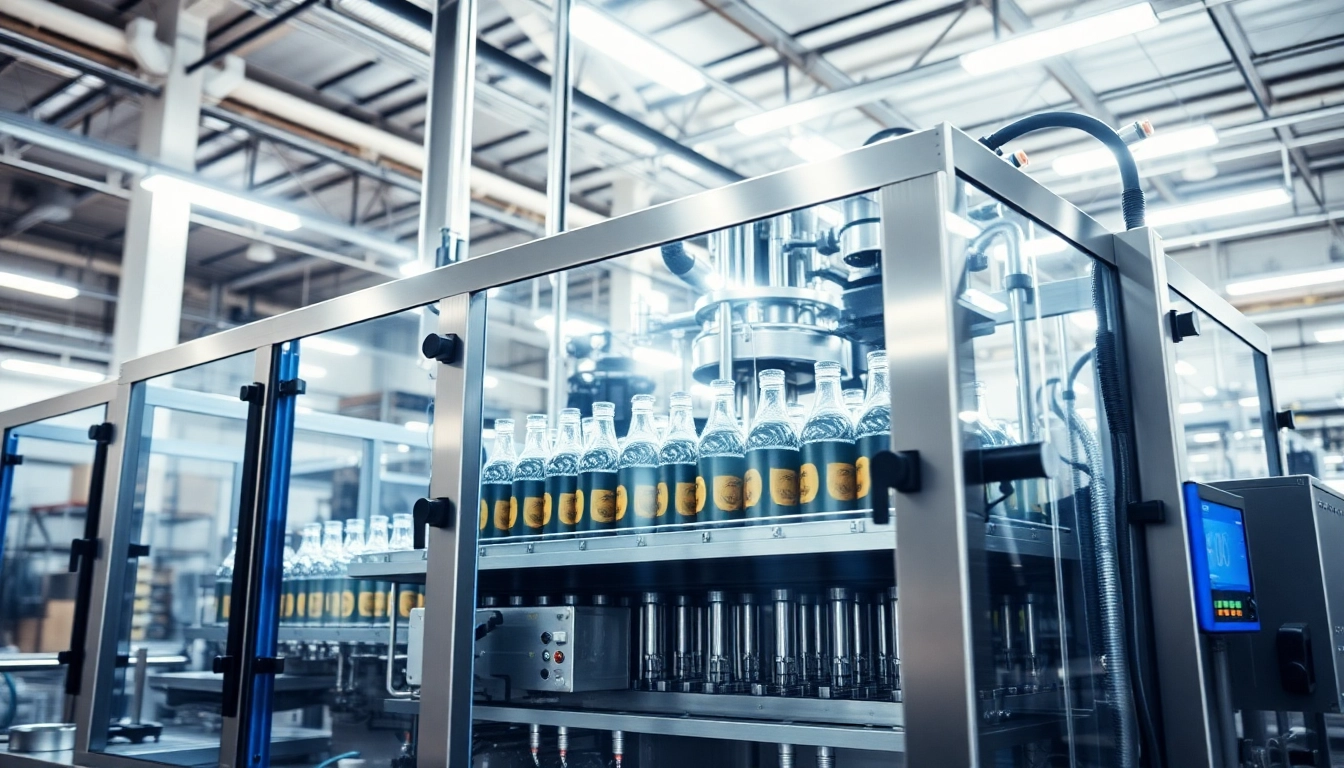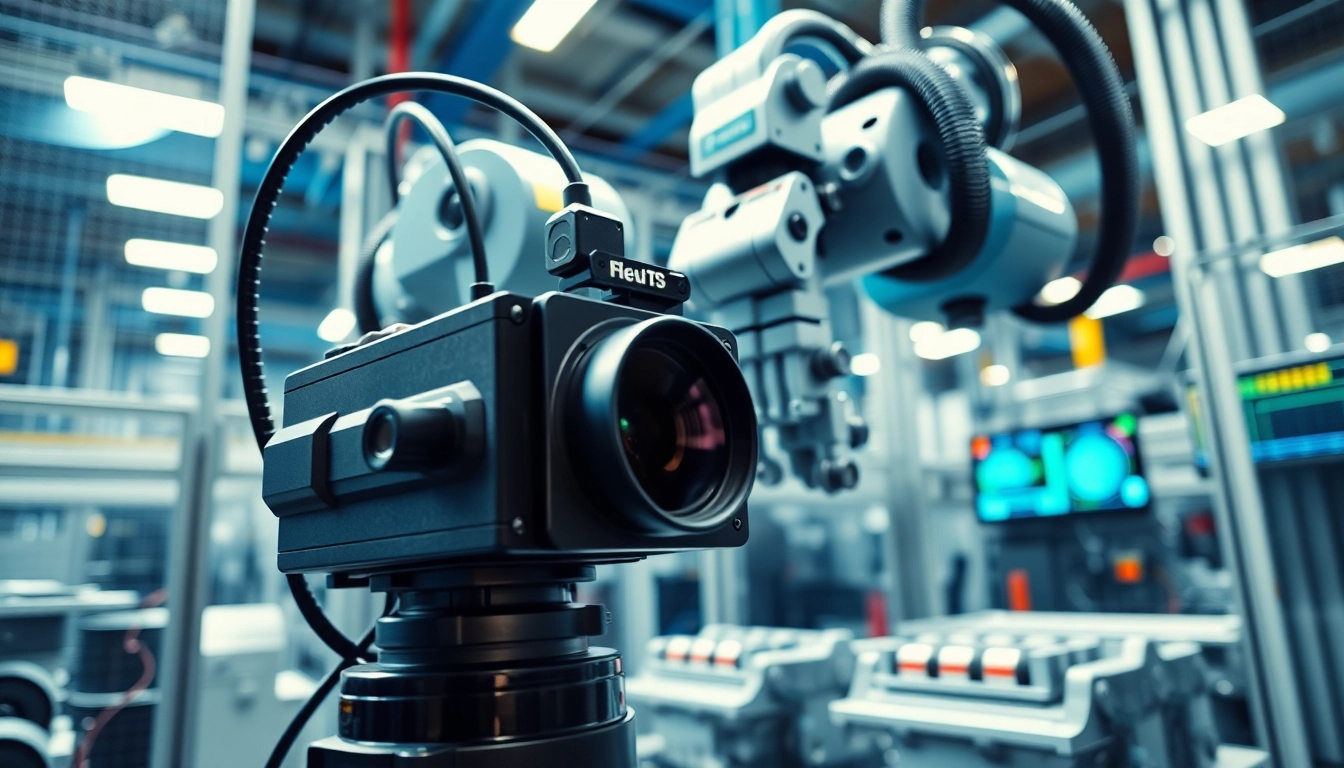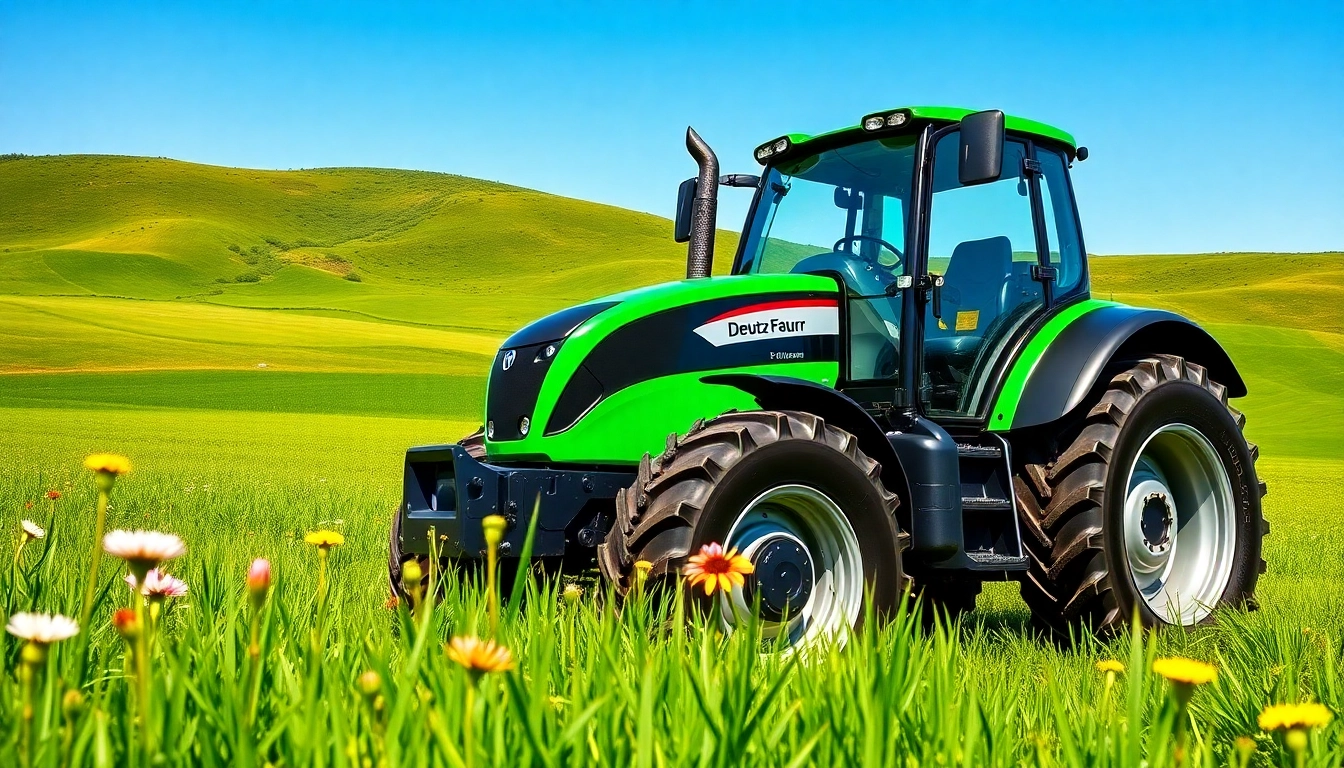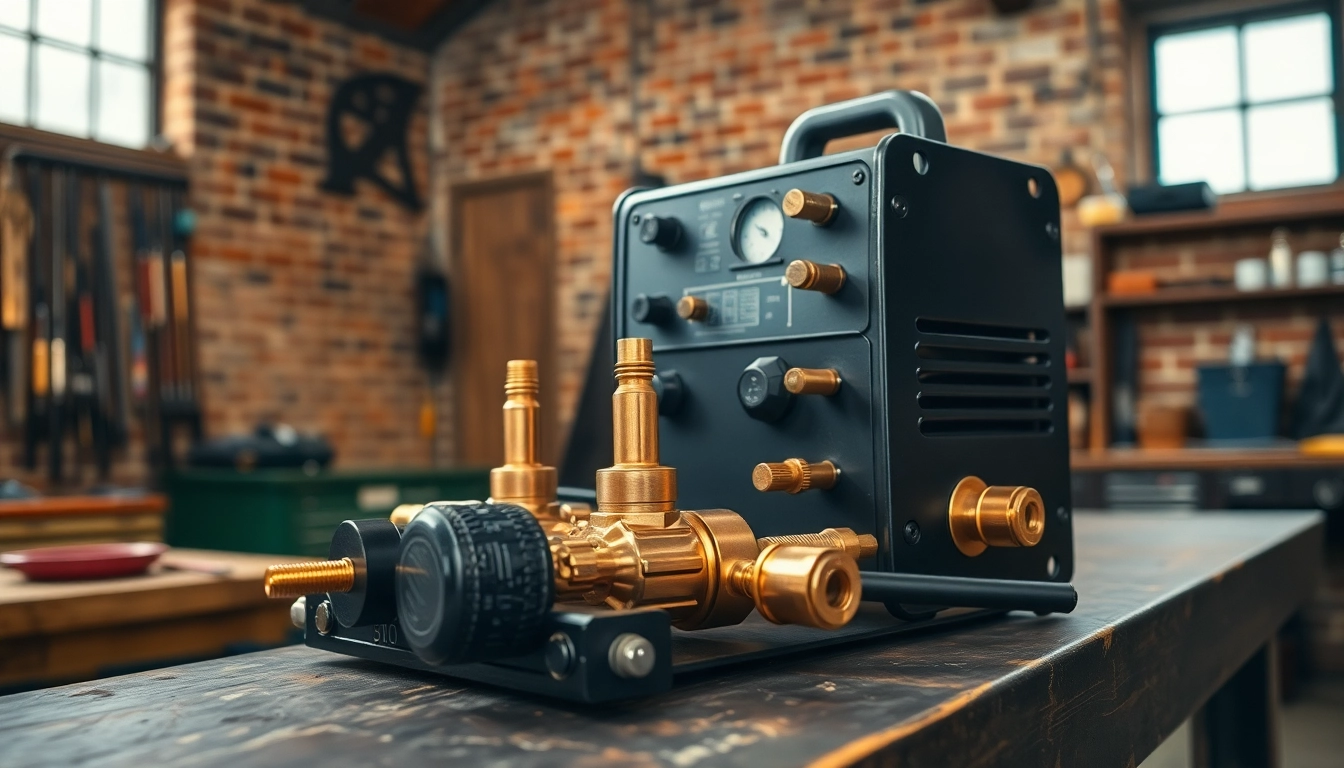Understanding Filling Machines
Filling machines are an essential component in the packaging industry, playing a critical role in the automated filling of products into various containers such as bottles, jars, and pouches. They are designed to ensure accuracy and precision, which are crucial for maintaining product quality and compliance with industry standards. In this comprehensive guide, we will delve into the various aspects of filling machines, focusing on filling machine manufacturers, their significance in ensuring quality, and the trends shaping this dynamic industry.
What Are Filling Machines?
A filling machine is a piece of automated equipment that dispenses a specific amount of product into containers. The range of products that can be filled is extensive, encompassing liquids, powders, granules, and pastes. The primary function of a filling machine is to deliver a precise volume of the product efficiently, enhancing productivity while minimizing waste.
Types of Filling Machines
Selecting the right type of filling machine is crucial, as different machines are designed for specific products and applications. Here are the most common types:
- Volumetric Filling Machines: These machines fill containers based on the volume of the product. They can be used for both liquid and dry ingredients and are popular for their accuracy.
- Gravity Fillers: Ideal for thin liquids, gravity fillers depend on gravitational force to dispense the product. They are straightforward and efficient, commonly used in bottling operations.
- Piston Fillers: These machines use a piston mechanism to measure and dispense thick liquids, creams, and pastes. They are known for their precision and ability to handle viscous products.
- Auger Fillers: Designed for powder and granule filling, auger fillers use a rotating auger to dispense the material into the container. They are highly efficient for dry ingredients.
- Pressure Fillers: Often used for carbonated beverages, these machines fill containers under pressure, ensuring that the product remains intact and carbonated.
Applications Across Industries
Filling machines find applications in a variety of industries, highlighting their versatility and importance. Some key sectors include:
- Food and Beverage: From salad dressings and sauces to soft drinks and beer, filling machines are vital in ensuring products are filled correctly and safely.
- Pharmaceuticals: Precision is crucial in this industry, where filling machines handle everything from liquid medications to powders in compliance with stringent regulations.
- Cosmetics and Personal Care: Filling machines cater to products such as lotions, creams, and perfumes, emphasizing hygiene and accuracy.
- Household Chemicals: Products like cleaning agents and detergents require specialized filling machines that can handle various viscosities and chemical compositions.
The Role of Manufacturers in Quality Assurance
Ensuring the quality and reliability of filling machines is paramount, making the role of manufacturers crucial. The right manufacturer not only provides advanced machinery but also guarantees adherence to industry standards.
What to Look for in Filling Machine Manufacturers
When selecting a filling machine manufacturer, consider the following factors:
- Experience and Reputation: Established manufacturers with a proven track record are more likely to deliver quality products.
- Technology and Innovation: Innovative manufacturers invest in the latest technology, improving efficiency and accuracy.
- Customization Options: The ability to tailor machines to specific needs can enhance performance and productivity.
- After-Sales Support: Reliable customer service and technical support are essential to address issues post-purchase.
Certifications and Standards
Manufacturers should adhere to industry standards and obtain relevant certifications, such as:
- ISO Certifications: Ensure quality management systems are in place.
- CE Marking: Indicates compliance with European health and safety standards.
- FDA Approval: Vital for manufacturers producing equipment for the food and pharmaceutical industries.
Case Studies of Manufacturer Impact
To illustrate the impact that manufacturers can have on operational efficiency, consider the following examples:
Case Study: Accutek Packaging Equipment – They have developed a range of versatile filling machines that cater to diverse products and have improved throughput for various clients by 30% through optimized filling processes.
Case Study: Cozzoli Machine Company – Their high-precision capping and filling machines have reduced product waste for pharmaceuticals by ensuring accurate dosage delivery, demonstrating a commitment to quality.
Comparison of Top Filling Machine Manufacturers
To make informed decisions, it’s important to evaluate leading filling machine manufacturers and their offerings.
Leading Brands in the Market
Some of the prominent players in the filling machine industry include:
- Accutek Packaging Equipment: Offering a wide variety of filling machines, Accutek provides tailored solutions for various industries, focusing on quality and reliability.
- Cozzoli Machine Company: Known for innovative filling and capping solutions, they specialize in meeting specialized application needs in their respective markets.
- Volumetric Technologies: An American manufacturer that focuses on reliable and cost-effective filling systems, particularly for liquid products.
Product Range and Specializations
Different manufacturers often specialize in specific types of filling machines or industries:
- Oden Machinery: Well-known for industrial-grade filling machines, especially for high-volume operations.
- E-PAK Machinery: Offers an extensive range of filling machines, cappers, and labelers tailored for the beverage industry.
- Fogg Filler: Focused on filling equipment for free-flowing liquids, their machines are handcrafted and designed for efficiency.
Customer Reviews and Feedback
Customer opinion is invaluable in evaluating manufacturers. Companies that provide comprehensive customer feedback often highlight:
- Dependability: How reliable the machines are in long-term operations.
- After-Sales Service: Responsiveness and efficiency of the support teams can distinguish leading brands.
- Return on Investment: Many users assess whether the initial cost translates into notable efficiencies and reduced operational costs over time.
Choosing the Right Filling Machine for Your Needs
Choosing the right filling machine can substantially impact productivity and operational efficiency. The process requires a thorough understanding of business needs and product specifications.
Identifying Business Requirements
The first step in selecting a filling machine is to assess your specific business requirements:
- Product Type: Determine whether you are filling liquids, powders, or granular substances.
- Container Size and Type: Understand the dimensions and material of your containers to determine compatibility.
- Production Volume: Assess the daily output to choose a machine that meets your productivity goals.
Cost vs. Quality Analysis
Budget constraints are common in business, but it’s essential to weigh cost against quality. Investing in high-quality filling machines can lead to longer-term savings through:
- Reduced Downtime: Quality machines are less likely to malfunction and require repairs.
- Enhanced Efficiency: Better designs and components can yield faster filling rates and higher accuracy.
Customization Options Available
Many manufacturers offer customization, allowing machines to be tailored to specific needs. This can involve:
- Modular Designs: Machines with interchangeable parts for various applications.
- Automated Features: Incorporating advanced technology like sensors and robotics for better control.
Trends in Filling Machine Technology
The industry is evolving rapidly, driven by advancements in technology and changing consumer demands. Understanding these trends can give businesses a competitive advantage.
Innovations in Automation
Automation is at the forefront of filling machine technology. Key innovations include:
- Smart Filling Machines: Integration of IoT capabilities allows for remote monitoring and diagnostics, optimizing operational efficiency.
- Enhanced User Interfaces: Touchscreen controls and software that simplify operation and maintenance processes.
Sustainability in Manufacturing
As environmental concerns rise, manufacturers are focusing on sustainable practices, such as:
- Energy Efficiency: Machines designed to consume less energy without compromising performance.
- Recyclable Materials: Use of sustainable materials in machine manufacturing to reduce ecological footprint.
The Future of Filling Systems
The filling machine industry is poised for a transformative future, with trends indicating a stronger focus on:
- Personalization: As consumer preferences grow, so will the demand for flexible filling machines capable of handling small batch sizes for customized products.
- Integrated Solutions: A move toward complete packaging line solutions that combine filling with capping, labeling, and more for seamless operation.



